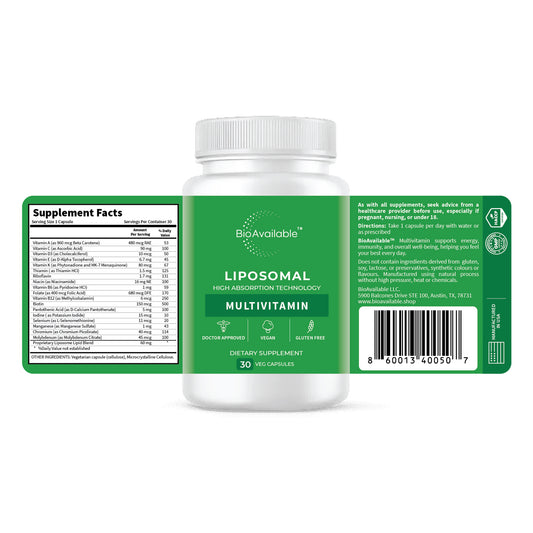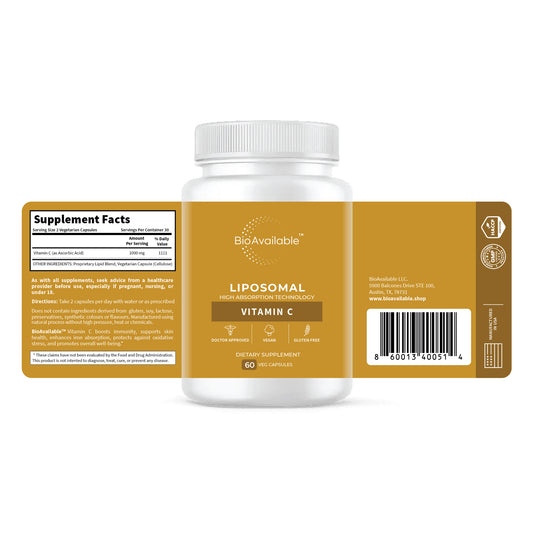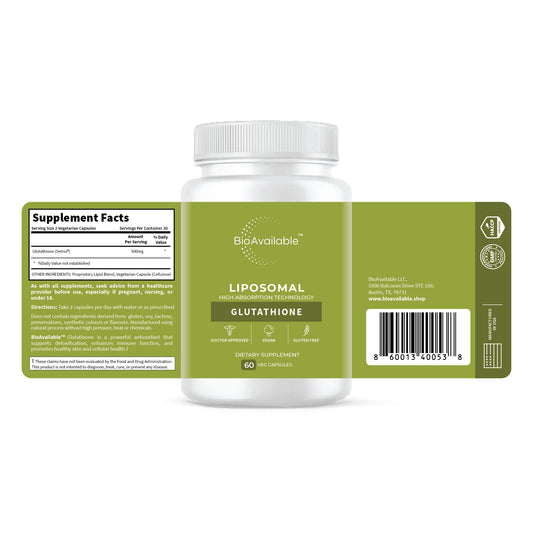
Why You Should Consider Taking Vitamin & Mineral Supplement
Share
In a perfect world, we’d get all the nutrients we need from a balanced, whole-food diet. But for many people, that’s not always realistic. Whether due to dietary restrictions, health conditions, or lifestyle factors, vitamin and mineral supplements can play a valuable role in supporting overall health.
1. Filling Nutritional Gaps
Even with a healthy diet, many people fall short of recommended nutrient intakes. According to the Mayo Clinic, supplements can help fill these gaps, especially if you don’t consume enough fruits, vegetables, or whole grains[1]. This is particularly true for people with food allergies, intolerances, or limited access to fresh foods.
2. Supporting Specific Life Stages and Conditions
Certain populations have increased nutrient needs:
* Pregnant women need folic acid to prevent neural tube defects.
* Older adults may require more vitamin D, B12, and calcium to maintain bone and cognitive health.
* People with chronic illnesses or those recovering from surgery may benefit from targeted supplementation[1].
3. Compensating for Absorption Issues
Some health conditions impair nutrient absorption. For example, individuals with celiac disease, Crohn’s disease, or those who’ve had bariatric surgery may not absorb enough nutrients from food alone[2].
4. Boosting Immune Function and Energy
Micronutrients like vitamin C, zinc, and B vitamins are essential for immune health and energy metabolism. While supplements aren’t a substitute for a healthy lifestyle, they can support your body during times of stress, illness, or increased physical demand[3].
5. Preventing Deficiencies
Deficiencies in key nutrients can lead to serious health problems:
* Iron deficiency can cause anemia.
* Vitamin D deficiency is linked to bone disorders and immune dysfunction.
* Iodine deficiency can impair thyroid function[2].
6. Evidence-Based Use and Safety
According to Harvard Health, while supplements can be helpful, they should be used wisely. Most benefits come from correcting deficiencies—not from megadoses[2]. Look for products that are USP Verified to ensure quality and safety[1].

Final Thoughts
Supplements are not a magic bullet, but they can be a smart addition to your wellness routine—especially when used to address specific needs or deficiencies. Always consult with a healthcare provider before starting any new supplement regimen.
Sources:
[1] Mayo Clinic Health System – Why Take Vitamin and Mineral Supplements?
[2] Harvard Health – Making Sense of Vitamins and Minerals
[3] Harvard T.H. Chan School of Public Health – Vitamins and Minerals








